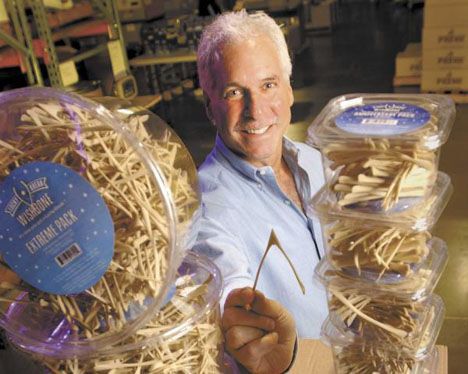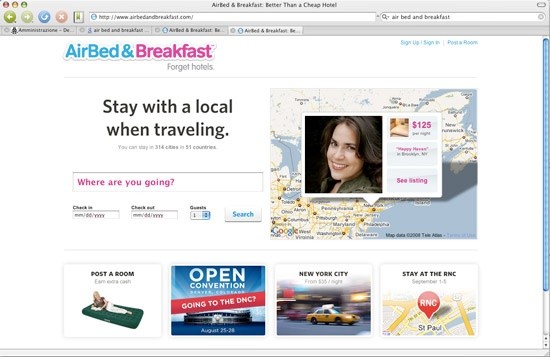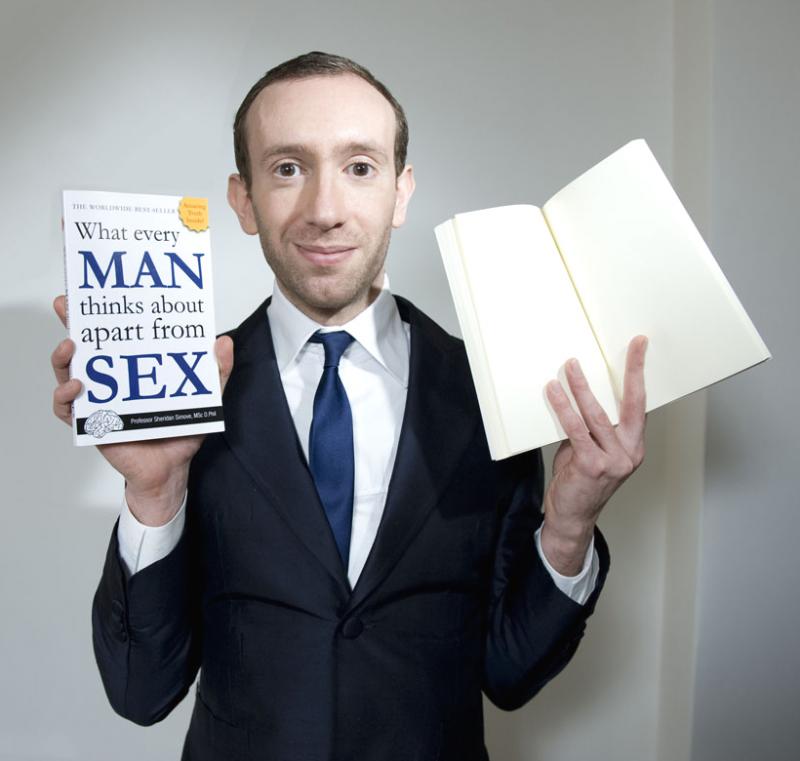‘Most entrepreneurial ideas will sound crazy, stupid and uneconomic, and then they’ll turn out to be right.’ – Reed Hastings, co-Founder and CEO of Netflix
How do you approach the search for an idea that could make you money outside the 9-5? Whenever you come up with a potential idea do you immediately find potential obstacles with it and then feel like discarding it? So many budding entrepreneurs drop potentially great ideas before they’ve even given them a chance. When you’re in the brainstorming period, it’s important to capture every idea you come up with even if it seems fatally flawed.
Even a seemingly hopeless idea can often be adapted into something with real potential. It’s much better to generate ideas without any judgement at the beginning. Try to avoid the affliction of ‘premature evaluation’. That just leads to disappointment for everyone!
Once you’ve got a selection of potential ideas you can assess them by asking my 3 questions. You can then take the best and see if you can find workarounds for potential problems with it. Sometimes the dumbest sounding ideas turn into a runaway success.
When Reed Hastings (quoted above) first heard about Facebook in 2005, he thought it was a ridiculous idea: ‘Who would want to put their face on a website?’ Now we all know how successful that venture became, and Reed himself ended up joining Facebook’s board of directors.
Here are four examples of ideas that, at the time, could have been discarded as being too fanciful or unrealistic. They’re now proven successes and in some cases, multi-million dollar businesses. Take them as proof of the importance of giving every idea a chance before dumping them in the rubbish pile.
1. The plastic wishbone
 Fake plastic wishbones probably sound to many people like the most ludicrous business idea imaginable. Well, for Ken Ahroni, it was the solution to a problem he saw every year at Thanksgiving.
Fake plastic wishbones probably sound to many people like the most ludicrous business idea imaginable. Well, for Ken Ahroni, it was the solution to a problem he saw every year at Thanksgiving.
Tired that only one person round the table got to make a wish, Ken created synthetic wishbones so that everyone got to join in the fun. Still sound ludicrous? Lucky Break have sales of over $2.5 million a year and have been featured in loads of magazines, newspapers and TV shows, including Fortune Small Business, Entrepreneur and Komo News.
2. AirBNB
The business allowing ordinary people to rent out their spare rooms is now a huge hit with over 1.5 million listings in 191 countries. As a result the company is valued at somewhere around $20 billion.
However the original idea didn’t sound like a multi-billion dollar business. Would you have bet on a platform which was originally aimed at allowing complete strangers to live in each other’s room on an inflatable bed?
Here’s the co-founder Brian Chesky telling the story of what happened on greylockvc.com:
 Joe [Gebbia – co-founder] and I had just moved to San Francisco and become roommates in 2007.
Joe [Gebbia – co-founder] and I had just moved to San Francisco and become roommates in 2007.
Neither of us had a job and we needed money for rent. We were both designers and we knew the International Design Conference was coming to San Francisco in October, yet all the hotels were sold out. We thought we could make some money if we rented out our place and turned it into a bed and breakfast.
We got three airbeds and created a website called “Air Bed and Breakfast.” People signed up to rent the airbeds and we cooked them breakfast every morning and acted like tour guides. We didn’t mean to start a business. It just sort of happened. There was no flash of genius. In the beginning, we didn’t realize that this would be the big idea. It was the thing that would pay the rent until we thought of the big idea. Gradually it became obvious that this was the big idea. Eventually we expanded beyond our apartment and our three airbeds and shortened the company name to Airbnb.
3. The bestselling book with nothing in it
 Shed Simove created a bestselling book. It’s called ‘What Every Man Thinks About Apart From Sex’ and all its pages are completely blank! You might think it’s a silly idea but it has now sold over 90,000 copies and has been ‘translated’ in eight territories and counting.
Shed Simove created a bestselling book. It’s called ‘What Every Man Thinks About Apart From Sex’ and all its pages are completely blank! You might think it’s a silly idea but it has now sold over 90,000 copies and has been ‘translated’ in eight territories and counting.
Shed has created many other whacky products with several of them becoming big hits.
He believes in entrepreneurship being an adventure so he wrote into his contract for his blank book that anyone that buys the rights for another country has to fly him to that country to give a talk.
4. Bottled Water
 This may be the best example of a seemingly stupid idea that’s gone on to change the world and make a fortune in the process. Back in the 1950s, before the boom of bottled water, the idea of packaging and selling something that comes out of your tap at home for free seemed utterly preposterous.
This may be the best example of a seemingly stupid idea that’s gone on to change the world and make a fortune in the process. Back in the 1950s, before the boom of bottled water, the idea of packaging and selling something that comes out of your tap at home for free seemed utterly preposterous.
However, with a lot of tenacity and some clever marketing, the bottled water industry is now absolutely huge, being the second most popular commercial beverage in the US – despite the significant environmental cost of the production, plastic and shipping!
Don’t toss your ‘dumb idea’ just yet
So don’t give up an idea just because you can’t immediately see how to make it work or make money out of it. If you can create something other people find interesting, useful, or entertaining, there will usually be a way to monetise it. Sometimes the money will come indirectly (e.g. a free book that wins you consultancy work) or you’ll need to modify your original idea to make it pay off by delivering it in a different way or addressing a more lucrative market.
And this is why when you’re first generating potential money-making ideas, it is so important not to write any off in the early stages. Capture every idea, select the best ones and see if you can find creative ways to adapt them to make them work. Turn your favourite idea into a 30-day ‘Play Project’ and do your best to prove its value to people.
You never know, your most lame or crazy idea might turn out to be the winner that changes your life forever!
~
For a complete strategy to find and launch money-making ideas check out my new book Screw Work Break Free – you can download a free chapter here.
